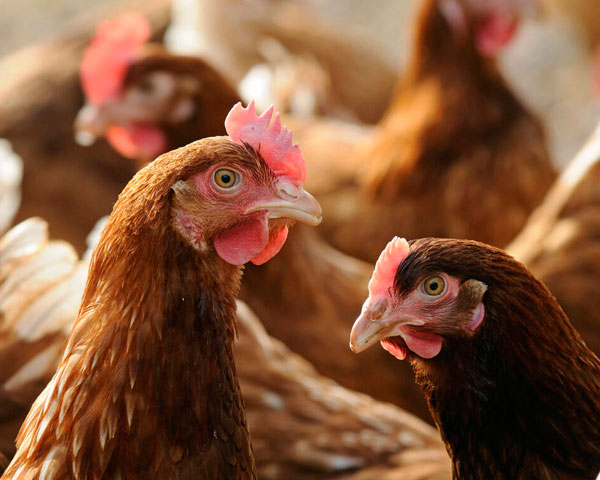Livestock farming in Nigeria is flourishing, offering endless opportunities for those looking to venture into the industry. With the rising demand for meat, eggs, and fish, now is the perfect time to explore this field. Whether you’re seeking a side business or a full-time endeavor, Nigeria’s vast, fertile land provides the ideal environment for animal farming. The best part? It doesn’t take much to get started.
Here are five profitable livestock farming options and simple tips for successfully rearing them.
Poultry Farming
Poultry farming is one of the most popular and lucrative livestock businesses in Nigeria. Birds like chickens, turkeys, ducks, and guinea fowl are raised primarily for meat and egg production.
How to rear poultry:
- Ensure the birds have well-ventilated housing with enough space.
- Keep the area clean, dry, and secure from predators.
- Provide nutrient-rich feed and clean water.
- Regularly vaccinate your birds and monitor for diseases like Newcastle disease.
- Opt for broilers for meat production and layers for eggs.
Fish Farming (Aquaculture)
Fish farming is another thriving business, driven by the high demand for fish such as catfish and tilapia.
How to rear fish:
- Build or purchase ponds (concrete, earthen, or plastic) with good drainage and a steady water supply.
- Start with healthy fingerlings from reliable sources, and avoid overcrowding.
- Feed your fish high-protein feed 2-3 times daily and maintain clean, oxygenated water.
- Change the water regularly to prevent pollution.
- Catfish are generally ready for harvest after 4-6 months.
Snail Farming
Though often overlooked, snail farming is highly profitable and requires minimal space and investment. Snails are rich in protein and low in fat, making them a delicacy in high demand.
How to rear snails:
- Create a humid environment with moist soil, shade, and enclosures that mimic their natural habitat.
- Feed snails plants, vegetables, and calcium-rich foods for shell growth, such as pawpaw leaves and cabbage.
- Snails reproduce during the rainy season, so maintain a humid environment and secure their habitat from pests like ants and rodents.
- Snails are market-ready within 12-18 months.
Pig Farming
Pig farming, or piggery, is a highly profitable venture due to the animals’ rapid growth and high reproduction rates. Pork is in constant demand both locally and internationally.
How to rear pigs:
- Provide well-ventilated pens with dry floors and proper drainage, and keep the pens clean to prevent disease.
- Pigs can eat a variety of foods, including commercial feed, kitchen waste, and agricultural by-products.
- Healthy sows (female pigs) can give birth to 12 piglets at a time, reproducing twice yearly.
- Vaccinate against common pig diseases like swine fever and maintain good sanitation.
- Pigs are ready for the market within 5-7 months for pork or breeding.
Rabbit Farming
Rabbit farming is gaining momentum in Nigeria due to its low-cost setup and high reproduction rate. Rabbit meat is lean, high in protein, and low in fat, making it a nutritious choice.
How to rear rabbits:
- Build well-ventilated cages or hutches and protect them from harsh weather.
- Feed rabbits grasses, vegetables, and commercial rabbit feed. A fibre-rich diet is essential for their digestion.
- Female rabbits (does) can give birth to 30-40 kits annually, so provide separate spaces for kindling (giving birth).
- Regularly clean cages to prevent diseases like coccidiosis and keep the rabbits healthy.
- Rabbits can be raised for meat, fur, and pets, making it a versatile farming venture.
Conclusion
Livestock farming in Nigeria offers immense potential, whether you’re operating on a small or large scale. From poultry and fish to piggery and snail farming, these ventures not only provide income opportunities but also contribute to meeting the country’s growing food demands. By following proper rearing techniques and best practices, you can build a sustainable and successful livestock farming business.


